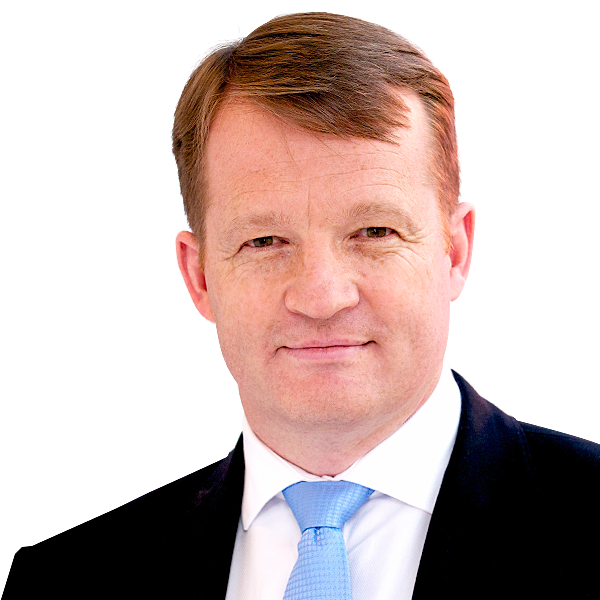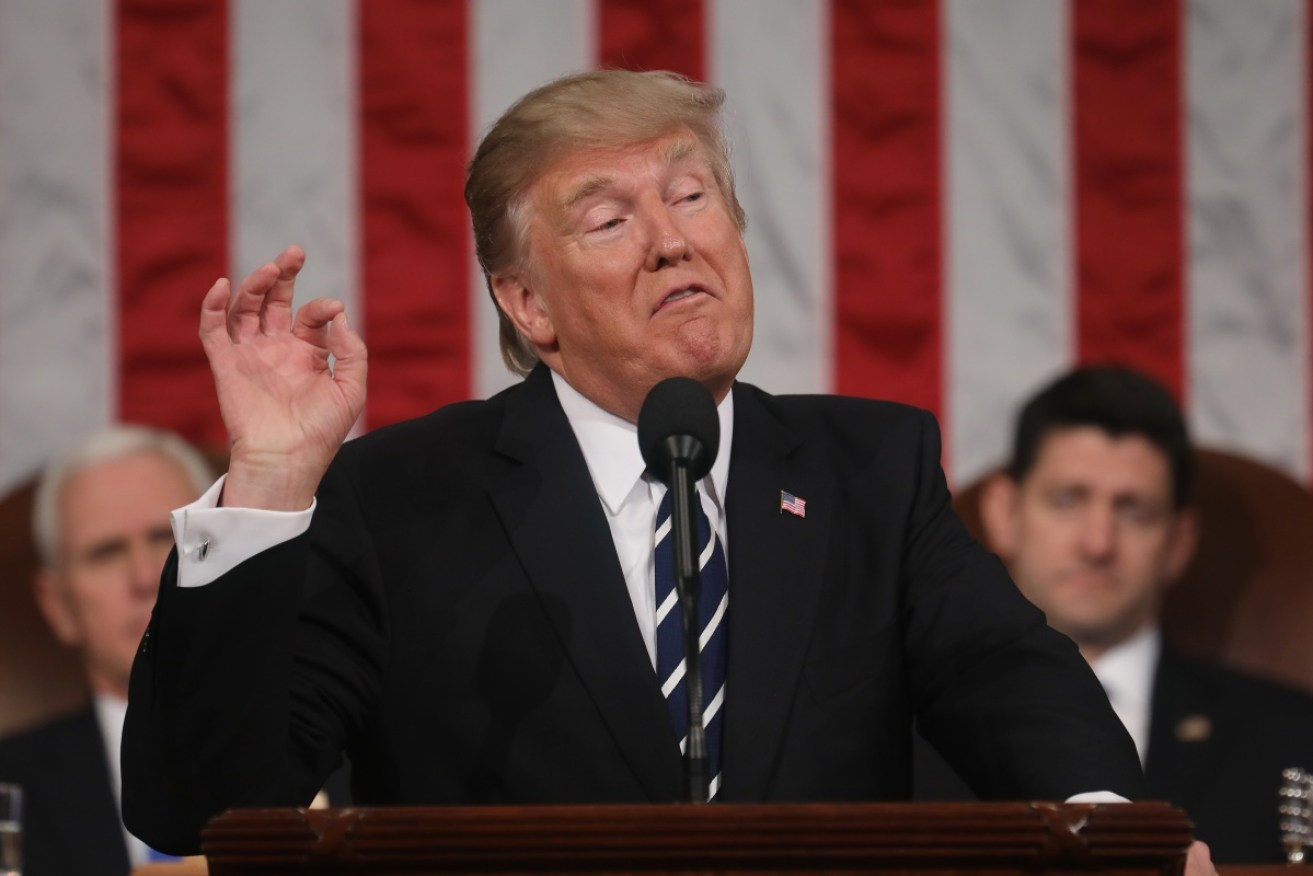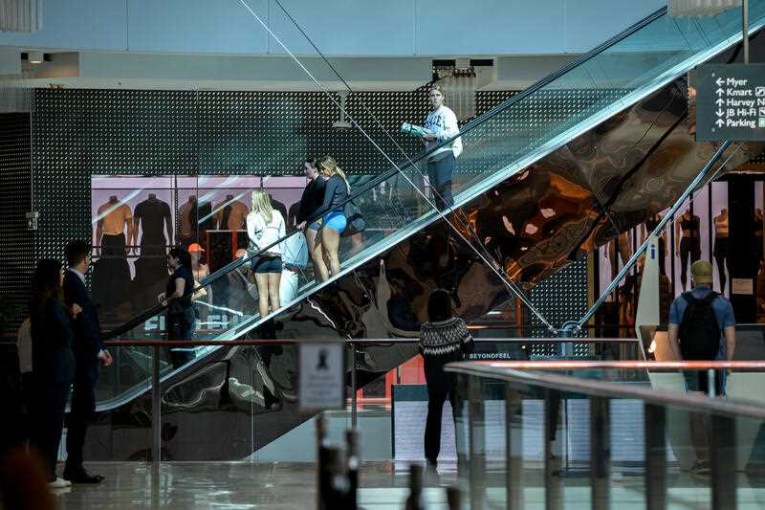Why Donald Trump’s foreign aid cuts could be a good thing


Mr Trump wants to strengthen the way tourists are vetted. Photo: Getty Photo: Getty
Donald Trump’s announcement that he will massively increase military spending sends a chill down many peoples’ spines. Without doubt, part of the funds needed for the build-up will come via massive cuts to foreign aid.
Our instinct is to abhor any cuts to foreign aid. After all, Australia and the US are wealthy countries and should help, shouldn’t we?
After 15 years as an aid worker, I take a nuanced view. In my years I saw much wrong with foreign aid and little right with it.
It is not true to say that all aid does not work. If one looks for examples of aid programs that work, they can be found, but they are few.
In my decade and a half with the Red Cross and the United Nations I both read and wrote many reports justifying how much money had been spent in development programs.
Spending rate was the key measure of success, rather than the results of spending.
In her book Dead Aid, Dambisa Moyo argues that at the macro level, foreign aid can often provide a disincentive to accountable economic development in third world countries.
For example, child sponsorships are often thought to be above criticism. The objective of child sponsorships is to bring a child out of poverty.
Surely then we should ask this: If three million children have passed through child sponsorships since 1953, how many of these generations of children have effectively broken the cycle of poverty?
The average sponsorship of a child is $23 per month and goes for 11.3 years – that is $3118 per child.
There are only two major international studies to the effect of this spending showing an average increase in schools from between 0.3 years to just under 2 years in school.
Perhaps the question is whether $3118 is well spent to achieve a small increase in school attendance? You could argue both ways on this. But is this even the right measure?
The better question is not if a child has gone to school, but if the attendance at schools has facilitated the breaking of the cycle of poverty.
How many of those three million children are now doctors? How many lawyers, teachers, business leaders, community leaders? Has the cycle of poverty been broken?
This should be the only measure that counts.
When I once asked World Vision, the organisation responsible for one million of those three million sponsored children, it admitted it did not track ongoing employment.
It tracks how many schools are built and how many teachers are hired, but not if the cycle of poverty has actually been broken.
If you do not measure the right outcome, how do you know if your program succeeds?
So my message to Trump would be: “If aid doesn’t work, why not cut it back? But cut where it does not work rather than just a blanket reduction.”

Aid organisations do a lot of great work around the world, but there are more bad programs than good ones, Andrew MacLeod says.
We need to focus on mechanisms and programs that can demonstrate success in aid. Failed programs must be cut as they betray the beneficiaries of aid by giving them false hope.
The end result of aid must be that a grown child is educated and healthy in order to have a sustainable job with a company that pays tax to a responsible government that uses that tax to build hospitals and schools.
As brutal as it sounds, too much aid is conducted by well-meaning people ‘trying to help’ without any real evidence that the aid has actually helped.
Does that sounds idealistic and naïve? This is what exists in Australia, US, UK and others, so why shouldn’t that be the objective for Sierra Leone, or Democratic Republic of Congo?
But when we look to many of the recipients of aid, after half a century and multi-billion dollar interventions, many countries remain poor.
Andrew MacLeod worked as an aid worker for the Red Cross in Yugoslavia and Rwanda in the 1990s and for the UN in Pakistan, Afghanistan as well as other locations in the 2000’s. He is the author of A Life Half Lived published this year by New Holland Press.








